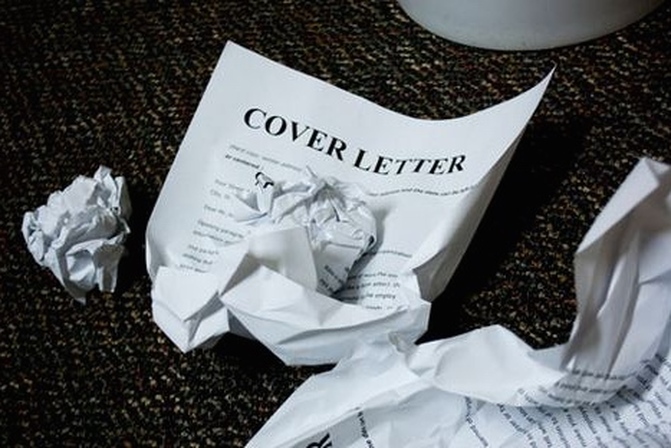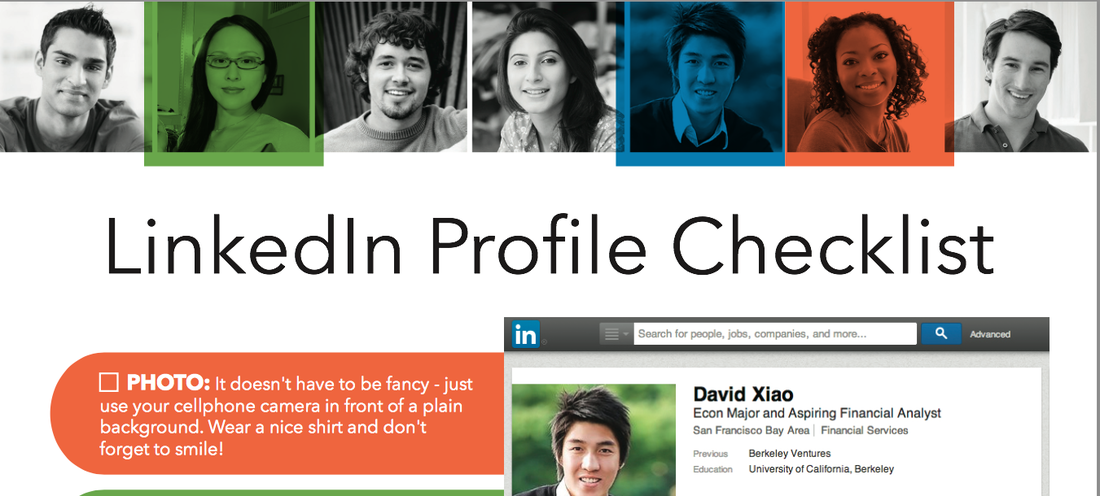#loweclass is assigned this weekend to create or update various means of telling their story. They must each present a resume, cover letter, LinkedIn profile and digital portfolio, all according to my specifications and with a desired spring or summer internship in mind. (They all updated their Twitter account #twesume after the first class this week.)
My goal here is to update that prior blog post about crafting cover letters with a few more tips. Word to the wise: The fundamentals for this exercise are in the blog post referenced and hyperlinked above. This is Part II. Read Part I first. Don't get it twisted.
- The first paragraph should have three sentences. The third one states why you want the position. "I desire a journalism career that is rooted in athletics, but applies to society at large – and the internship would be vital in expanding my training and opportunities" or "This opportunity would help me to pursue my long-term goal of becoming an investigative journalist focusing on education." The first paragraph will thus make it clear 1) who and where you are, 2) what you want and when do you want it, and 3) why do you want it (that assumes, of course, you actually have a career in mind, and are not just doing homework.)
- Consistent letterhead and proper file naming. The cover letter letterhead prescribed in Part I's third paragraph should match what is atop your resume. Both documents should look like they came from the same person. Ensure they are named smartly: lastname_coverletter.pdf, lastname_resume.pdf. Remember that most recruiters typically get many applications. You want yours to be found easily if searched for electronically.
- Make great use of transition (or topic) sentences. Good, effective writing is a sure way to getting the position. Begin each paragraph strong and with clarity about what's coming next. Avoid using dependent clauses (especially to begin a paragraph, but also otherwise). Limit your transition sentences to one line on the page; do your best to keep all sentences in the letter from being more than two lines long. Write tightly.
- Remember why you need a cover letter. I once heard recruiting guru Joe Grimm tell a group of journalism students that a resume is for sharing the who, what, where and when with respect to your experience. The cover letter, he said, is for the why and how. In other words, why did you go after that amazing story? What challenges did you overcome? What did you learn from the experience? Show that you're acting and thinking like a journalist.
- Leave judgments to the recruiters. Avoid sentences that proclaim you as the best thing ever or don't separate you from competitors: "I believe I am the best candidate for this position because ..." or "I have always been a self-motivated student who strives to meet and exceed my goals and works well with others." Don't all college students believe in themselves or work hard? These sentences appear in letters from inexperienced applicants or those unable to better express what experience they do have.
- Write from the heart and with clarity and authority. Want a position for which you don't have much experience? Then demonstrate that you understand what you're getting into. Check out this cover letter paragraph from one of my former students who is seeking a marketing internship with a foundation that supports a major league sports franchise:
Having grown up with the opportunity to attend multiple Brewers game per season, once even being a season ticket holder, I understand how the organization has garnered its success. The atmosphere of Miller Park is one to be reckoned with. Baseball games bring strangers together. They bond over the team, the culture and everything else that makes them proud to be there. You don’t go to a Brewers game with just your friends. You go with every fan surrounding you. As a journalism major, I love to interact with those in the community by sharing the feel-good stories that bring people together. Now, I want to give Brewers fans the same opportunities I so graciously encountered.


 RSS Feed
RSS Feed
